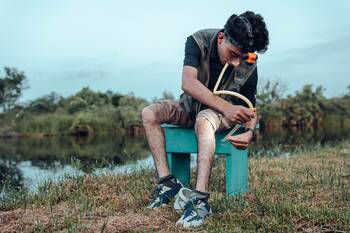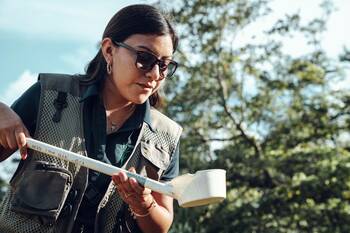About
The Belize Vector and Ecology Center (BVEC) is responsible to conduct routine sample collection, sample preparation, and testing for all of its ongoing projects; as well as provide targeted training for stakeholders in the field of vectors and vector-borne diseases among other relevant project topics. The BVEC station research capacity is broken down into six (6) main areas, the Insectary Room, Resistance Room, Screen House, Laboratory, Semi-Field Structures, and Field Work.
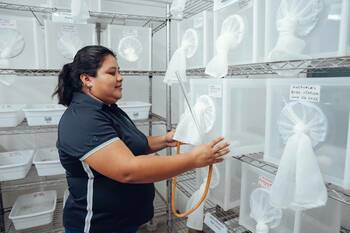
The Insectary Room: The Insectary Supervisor is in charge to maintain a healthy mosquito egg stock for mosquito Resistance Testing, and Semi-Field Study Exercises. On a regular basis, the insectary is stocked with approximately 800,000 EGGS that are readily available for hatching. Monthly mosquito-rearing exercises are conducted for ongoing resistance testing and small-scale experiments to assess vector control tools.
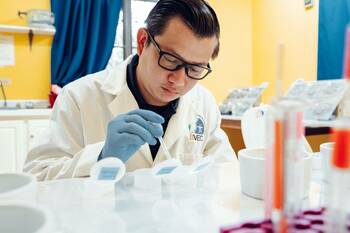
Resistance Room: Following strict CDC and WHO Guidelines, BVEC develops a quarterly report on local mosquito resistance status against insecticides used by the Ministry of Health and Wellness National Vector Control Program to aid in vector control initiatives.
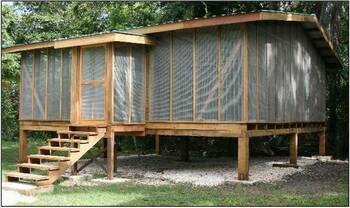
Screen House: The Screen house serves as an extension of the insectary, primarily for large-scale mosquito-rearing exercises, a semi-field structure, and as a meeting and training area when not in use for other activities.
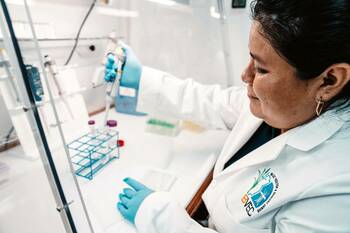
Laboratory: Through the REDI-NET project, BVEC acquired state-of-the-art gene sequencing equipment and received training to conduct DNA and RNA extraction to sequence for pathogen detection in environmental samples. With this technology, BVEC can expand its research capacity.
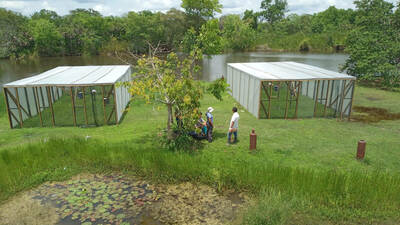
Semi-field Structures: These four structures are used to evaluate vector control tools as well as to conduct small scale experiments under controlled conditions using a Latin Square Design.
The Belize Vector and Ecology Center also conducts fieldwork alongside the Vector Control Unit, which include but not limited to: Household Container Monitoring, Ovi-trap Surveillance and BG-Surveillance, Mosquito Collections and Environmental Sample Collection.
